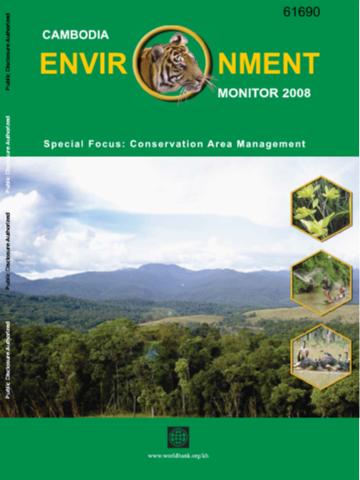Los Biocombustibles y la Seguridad Alimentaria
La demanda de biocombustibles se está incrementando debido a la necesidad cada vez mayor de energéticos, el alza en el costo del petróleo, la búsqueda de fuentes de energía renovables y no contaminantes y el deseo de aumentar los ingresos agrícolas en los países en desarrollo. Asimismo, ha aumentado en forma drástica la necesidad de contar con cultivos, como el maíz y la caña de azúcar, que pueden utilizarse como materia prima para producir biocombustibles. Esta demanda ha tenido a nivel mundial un impacto significativo y cada vez mayor en los sistemas alimentarios.









